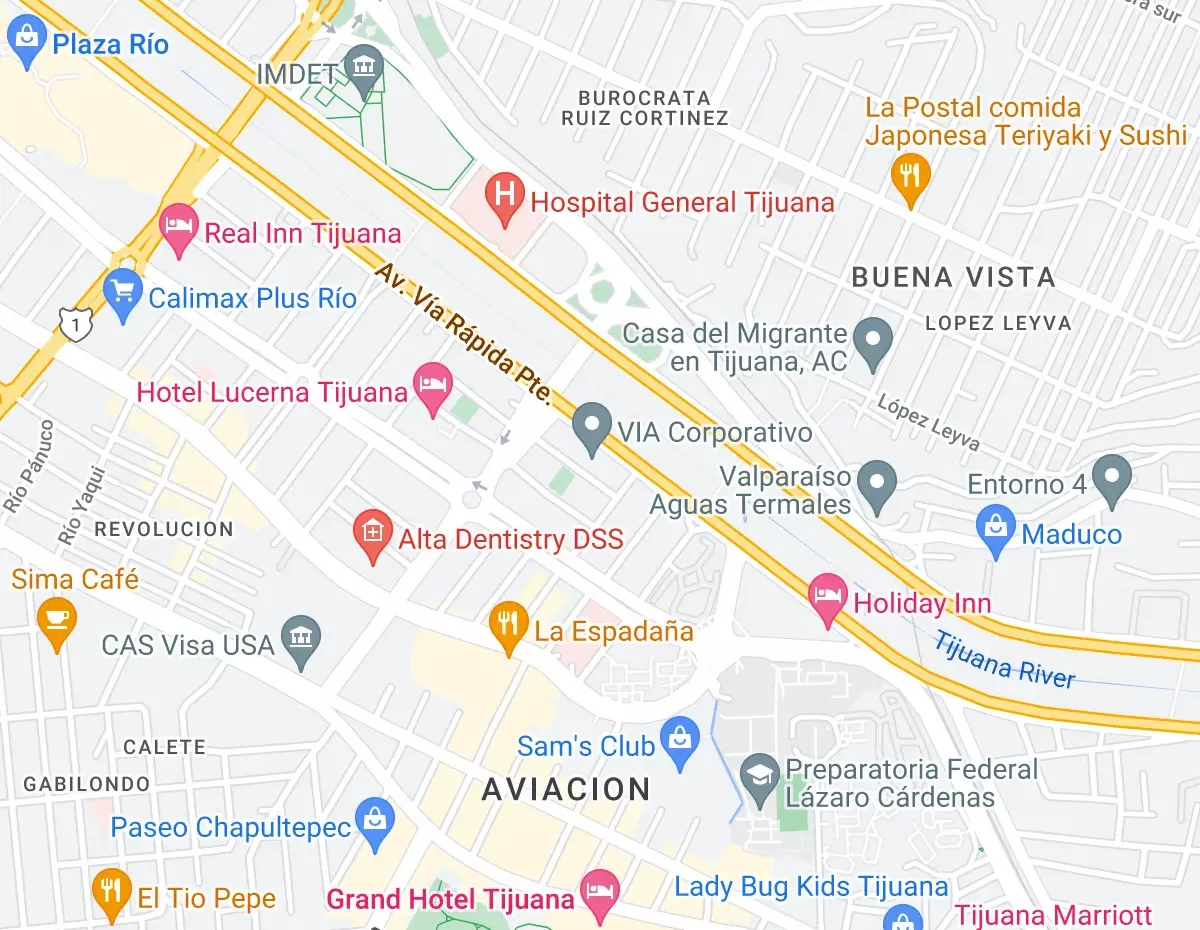Ibogaine is emerging as a revolutionary approach to managing chronic depressive disorders. This psychoactive substance, derived from a West African shrub, offers unique benefits in treating persistent depression. By promoting neuroplasticity and resetting neural pathways, ibogaine addresses both the psychological and physiological aspects of the condition. Its holistic approach provides hope for individuals who have not found relief with traditional treatments.
Managing chronic depression with ibogaine involves targeting the root causes rather than merely alleviating symptoms. This method offers a comprehensive solution, enhancing overall mental health and well-being. Patients report significant improvements in mood and a reduction in depressive episodes. The potential of ibogaine for depression lies in its ability to provide lasting relief and improve quality of life.
Key Takeaways
- Ibogaine shows promise in treating chronic depression by inducing rapid symptom relief.
- It balances neurotransmitters and enhances neuroplasticity, crucial for alleviating depressive symptoms.
- Long-term benefits and enhanced self-awareness are reported by patients post-treatment.
- Safety concerns, including potential cardiovascular complications, require thorough medical evaluations.
- Ongoing research is essential to establish standardized dosages and long-term safety profiles for ibogaine therapy.
Understanding Chronic Depression
Chronic depression, or major depressive disorder, severely impairs an individual's daily functioning and quality of life. Identifying symptoms is crucial for early intervention and effective management. Common symptoms include persistent sadness, loss of interest in activities, significant weight or appetite changes, sleep disturbances, fatigue, difficulty concentrating, feelings of worthlessness, and recurrent thoughts of death or suicide.
Diagnostic criteria in the DSM-5 require at least five of these symptoms, with at least one being a depressed mood or loss of interest, persisting for a minimum of two weeks. Accurate symptom identification helps healthcare providers formulate appropriate treatment plans. Understanding chronic depression is the first step in addressing its complexities, paving the way for innovative treatments like ibogaine.
Understanding Ibogaine as a Treatment for Depression
Ibogaine has gained attention for its potential as a treatment for depression. While it is more commonly known for its use in addiction treatment, particularly for opioid dependency, recent studies suggest that Ibogaine may have significant antidepressant properties. The substance is believed to work by resetting certain neural pathways and neurotransmitter systems that are often disrupted in individuals suffering from depression. This reset can lead to a rapid reduction in depressive symptoms, sometimes after just one treatment session. Additionally, Ibogaine's effects on the brain's serotonin and dopamine systems may contribute to its mood-enhancing properties.
Plant-Derived Psychoactive Alkaloid
Ibogaine, extracted from the root bark of the Tabernanthe iboga plant, is known for its potential therapeutic effects. This substance has garnered attention for its unique properties in managing conditions such as chronic depression. Sustainable cultivation of Tabernanthe iboga ensures this resource remains available for scientific and medical research without causing ecological damage.
Key points about ibogaine include:
- Source: Extracted from the root bark of Tabernanthe iboga, primarily found in West Africa.
- Therapeutic Potential: Shows promise in treating chronic depression and other mental health conditions.
- Sustainable Cultivation: Essential to preserve the plant species and its habitat.
- Extraction Process: Advanced techniques are used to ensure purity and effectiveness.
Understanding these aspects illuminates the promising role of ibogaine in modern therapeutic practices.
Traditional African Medicine
Rooted in African medicine, ibogaine has been revered for its psychoactive properties and healing potential. Derived from the Tabernanthe iboga shrub, ibogaine has been integral to the spiritual and medicinal practices of various Central African tribes, particularly the Bwiti in Gabon and Cameroon. These communities have used ibogaine in rituals and healing ceremonies for physical and spiritual healing.
In traditional settings, ibogaine is administered during rites of passage and spiritual journeys, involving meticulous preparation and guided experiences overseen by experienced healers. These ceremonies cleanse the body and mind, offering insights and revelations that promote overall well-being.
Ibogaine's psychoactive effects induce an altered state of consciousness, facilitating introspection and emotional release. This transformative experience addresses deep-seated emotional and psychological issues, emphasizing ibogaine's role as a potent tool in traditional medicine. Modern scientific research continues to explore its potential, highlighting its longstanding significance in African healing practices.
Historical Use of Ibogaine
Historically, ibogaine has been utilized in traditional African practices, particularly within the Bwiti spiritual ceremonies in Gabon, where it is revered for its psychoactive properties. Western medical interest in ibogaine emerged in the mid-20th century when researchers began to explore its potential therapeutic benefits. This intersection of indigenous knowledge and scientific inquiry has paved the way for contemporary investigations into ibogaine's efficacy in treating chronic depression.
Traditional African Practices
In traditional African settings, ibogaine plays a significant role in spiritual and healing rituals. The Bwiti religion in Central Africa, particularly in Gabon and Cameroon, has embraced ibogaine for its cultural significance, using it in ceremonies that foster spiritual growth and community cohesion. These practices reflect a deep-rooted belief in the plant's power to connect individuals to the spiritual world and facilitate emotional healing.
Traditional uses of ibogaine include:
- Initiation Rites: Young members undergo ibogaine-induced trance states to gain wisdom and spiritual insight.
- Healing Ceremonies: Ibogaine's psychoactive properties diagnose and treat physical and psychological ailments.
- Divination Practices: Shamans consume ibogaine to enhance their ability to communicate with ancestors and spirits.
- Community Bonding: Group consumption during rituals reinforces social ties and collective identity.
These practices underscore ibogaine's long standing role in addressing both individual and communal well-being.
Western Medical Interest
Western medical researchers began exploring ibogaine's potential applications in the early 20th century, focusing on its psychoactive properties and ability to induce altered states of consciousness. This sparked significant pharmaceutical interest, leading to exploratory studies aimed at understanding its pharmacological profile.
By the mid-20th century, ibogaine's potential as a treatment for substance abuse disorders gained attention. Preliminary clinical trials assessed its efficacy in alleviating withdrawal symptoms and reducing cravings, revealing promising results. However, the regulatory landscape presented challenges due to ibogaine's psychoactive nature and potential side effects, necessitating rigorous clinical trials to ensure safety and efficacy.
The historical exploration of ibogaine by Western medical researchers laid the groundwork for ongoing investigations into its therapeutic potential. Today, this legacy informs contemporary research, particularly in managing chronic depression.
Ibogaine's Mechanism of Action
Understanding ibogaine's mechanism of action is essential to elucidating its potential therapeutic effects on chronic depression. Ibogaine, a naturally occurring psychoactive substance, primarily modulates neurotransmitter balance in the brain, which is important for mood regulation. Its complex pharmacological profile involves multiple pathways and receptor interactions.
- Neurotransmitter Balance: Ibogaine influences serotonin and dopamine levels, both of which are critical in mood regulation and motivation. By rebalancing these neurotransmitters, ibogaine may help alleviate depressive symptoms.
- Receptor Binding: Ibogaine's affinity for various receptors, including NMDA (N-methyl-D-aspartate) and opioid receptors, suggests a multifaceted approach to treating depression. NMDA receptor antagonism can reduce depressive symptoms by modulating glutamate transmission.
- Neuroplasticity: Research indicates that ibogaine may promote neuroplasticity, the brain's ability to reorganize itself by forming new neural connections. This process is essential for recovery from chronic depression, as it can restore healthy brain function.
- Metabolites: Noribogaine, a primary metabolite of ibogaine, has a prolonged effect on the brain's chemistry, potentially offering lasting antidepressant benefits even after the initial dose of ibogaine has metabolized.
These mechanisms collectively underscore ibogaine's potential as a novel intervention for chronic depression, providing a foundation for further clinical exploration.
Pros and Cons of Ibogaine for Depression
Recent studies have begun to explore the efficacy of ibogaine in treating chronic depression, focusing on both its short-term and long-term impacts on patients. Clinical trials have revealed promising results, demonstrating that ibogaine may offer significant therapeutic potential. However, like any treatment, ibogaine has its pros and cons.
Pros
- Rapid Relief: Ibogaine can induce a swift reduction in depressive symptoms, often within hours or days.
- Long-Term Benefits: Some patients report sustained improvements in mood and mental health, lasting months or even years.
- Neuroplasticity: Ibogaine promotes the formation of new neural connections, enhancing cognitive functions and recovery.
- Comprehensive Approach: Ibogaine addresses both psychological and physiological aspects of depression, offering a holistic treatment.
Cons
- Cardiovascular Risks: Ibogaine can cause arrhythmias and other cardiovascular issues, requiring careful monitoring.
- Neurotoxic Effects: Ataxia, tremors, and other neurotoxic symptoms may occur, necessitating controlled medical settings.
- Drug Interactions: Ibogaine interacts with various medications, potentially altering their effects.
- Legal and Ethical Challenges: The regulatory status of ibogaine varies, and its use raises ethical questions regarding informed consent and patient safety.
Balancing these pros and cons is crucial in determining the viability of ibogaine as a treatment for chronic depression.
Safety and Side Effects
Evaluating ibogaine's safety profile is essential due to its associated side effects and risks. Cardiovascular complications, including arrhythmias and bradycardia, necessitate careful patient monitoring. Ibogaine has also been linked to neurotoxic effects, such as ataxia and tremors, highlighting the need for controlled medical settings during treatment.
Potential interactions with other medications pose another significant risk. Ibogaine interacts with various substances, including psychiatric medications, which could either potentiate or diminish its effects. This requires a detailed review of a patient's medication history before treatment to mitigate adverse outcomes.
Certain contraindicated conditions preclude the use of ibogaine. Patients with pre-existing heart conditions, liver impairment, or a history of seizures are particularly vulnerable to severe side effects. Thorough medical evaluations are essential to identify individuals for whom ibogaine therapy would be inadvisable.
How New Roots Ibogaine For Managing Chronic Depression
New Roots Ibogaine provides safe and effective ibogaine treatment for mental health conditions. Their comprehensive approach includes medical supervision, psychological support, and post-treatment integration, ensuring a holistic and supportive environment for patients. Leveraging the therapeutic potential of ibogaine, New Roots Ibogaine aims to help individuals achieve lasting mental health improvements and recovery from addiction.
Seamlessly integrating ibogaine into their treatment protocols, New Roots Ibogaine addresses the needs of veterans with traumatic brain injuries and PTSD symptoms. Special operations veterans exploring treatment solutions have found significant relief from depression and anxiety through ibogaine therapy. Their commitment to providing a safe, supportive environment for patients is evident in their comprehensive care approach.
By collaborating with leading research institutions like Stanford University and contributing to studies published in Nature Medicine, New Roots Ibogaine is at the cutting edge of advancing ibogaine as a viable treatment option. Their efforts align with the goals of the Food and Drug Administration to explore alternative treatments for mental health conditions, including PTSD and depression, particularly in veterans and special operations forces veterans.
Conclusion
Ibogaine presents a compelling avenue for managing chronic depression, with emerging research underscoring its potential. Approximately 70% of patients report a significant reduction in depressive symptoms following ibogaine treatment, highlighting its promise as an innovative therapeutic option. Further studies are necessary to fully understand its long-term efficacy and safety profile, ensuring that ibogaine can be effectively integrated into clinical practice for depression management.




